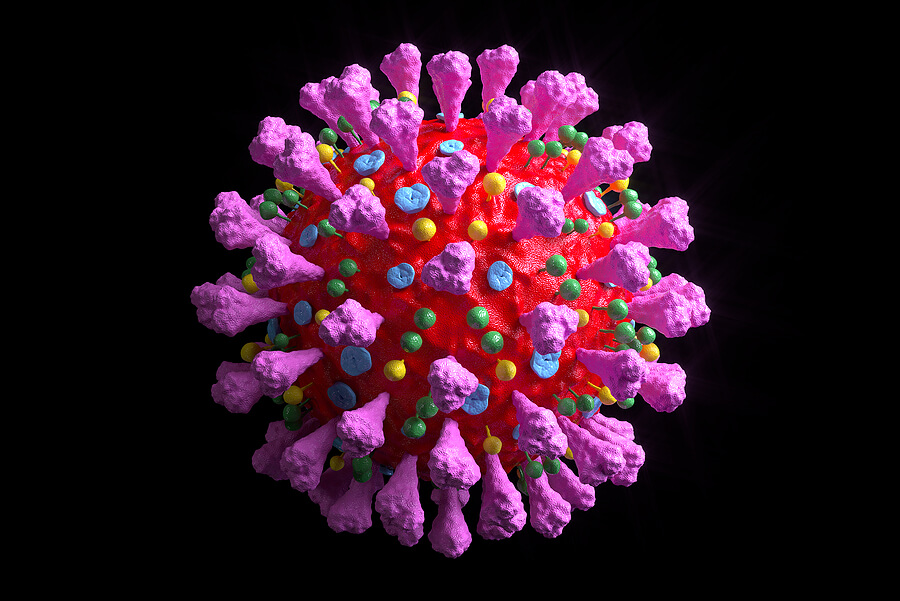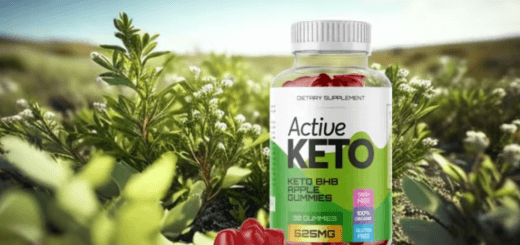
2020 will be another significant year in human history that nobody is likely to forget any time soon due to the Corona Virus pandemic. It travelled across the planet at twisting infecting millions and killing hundreds of thousands in its wake. Governments were caught off-guard as the scrambled to contain the spread in an attempt to ensure that the medical systems were not over loaded whilst supply chains were pressured towards breaking point. Even in Australia where food stockpiles are sufficient, Australians went on panic buying sprees that made the situation even worse triggering the Australian government to impose restrictions on the quantity of essentials an individual is allowed to buy. The Australian government’s viewed the issue as a serious health emergency and initiated a response strategy that was aimed at minimising the number of people becoming COVID-19 positive. This was in line with the objective of easing the pressure that the outbreak was placing upon the Australian health care system. The response strategy included the implementation of a movement control order, social distancing and health screening across nations around the world based on the directives issued by the World Health Organisation.
The Coronavirus is a flu virus that the entire global populace was not prepared for due to the fact that it is a completely new type of virus that is classified as ‘highly infectious’. Those infected by the virus (COVID-19) will experience respiratory issues ranging from mild to moderate and in most case scenarios will be able to recover without special treatment. However, those with compromised immunity such as older people, and those that already have underlying medical issues such as chronic respiratory disease, cancer, AIDS, cardiovascular disease or even diabetes will likely develop complications leading to serious conditions.
The only way that this pandemic may be stopped dead in its tracks or at least slow the rate of transmission is to be well informed about the diseases that it causes and how it infects and spreads. Protecting oneself and others from infection by practising good hygiene such as washing hands frequently using alcohol based rub and not touching parts of the face are among the most effective ways not to get infected. This is based on what is known about the virus thus far, such as the manner via which the COVID-19 virus spreads (through droplets of saliva or discharge from the nose by infected persons). Other measures that have been found to also be effective to some degree are to practice respiratory etiquette such as covering the mouth when sneezing or coughing into a flexed elbow. The reason as to why these measures are considered to be so important is because presently there is no specific vaccine for the Novel Corona Virus or COVID-19 despite the many on-going clinical trials and experiments being taken by almost every medical faculty around the globe. As of now, the only way to overcome this pandemic is to maintain social distancing and isolating ourselves until the virus runs its course.









